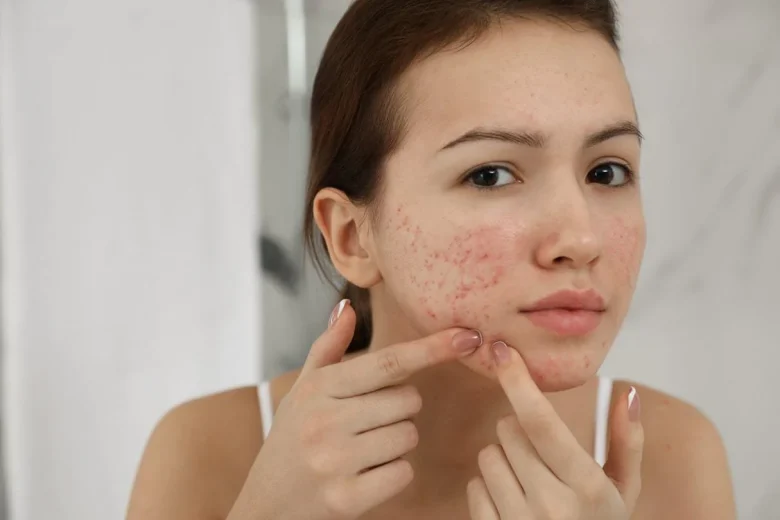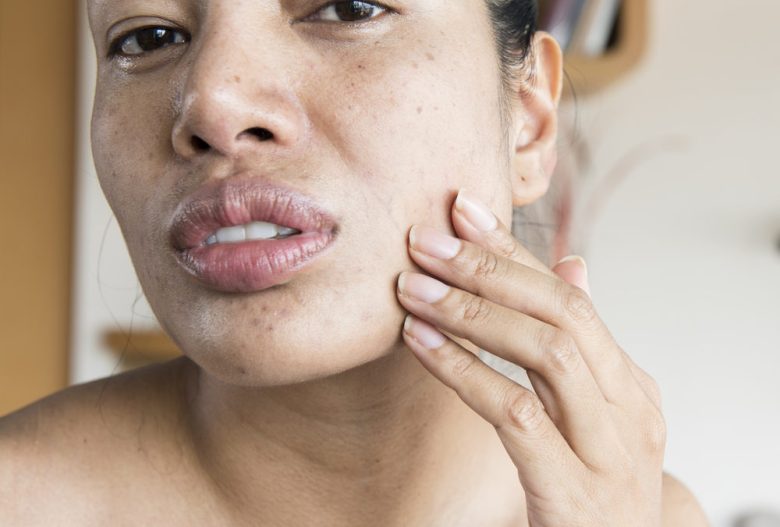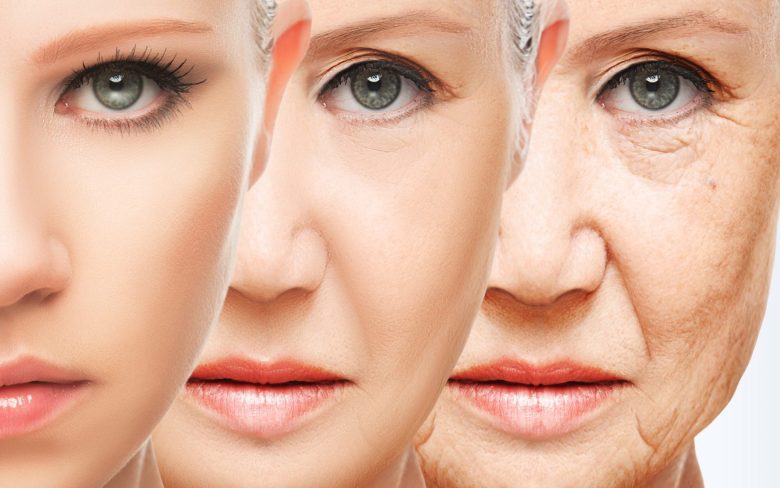When shopping for skincare products, you’ll run into many different ingredients. Some of these do nothing, some can be harmful, and some are beneficial. While the exact products and ingredients you should use will vary somewhat based on your skin’s needs, there are a few ingredients that most people can benefit from adding to their medicine cabinet.
This guide will look at some of the most common skincare problems, such as acne, dryness, and aging. Then, it will go into more detail about which products address these concerns most effectively.
Learn how they can help you get the results you need and want.
Contents
Best Ingredients For Acne-Prone Skin

Source: pokocbd.co.uk
Tackling acne is one of the most challenging skincare obstacles, especially because many factors impact whether or not someone is prone to blemishes. There can be a genetic component, and some people have more oily skin than others.
So, the best way to treat persistent acne is to work with a dermatologist, like those at LondonDermatologyClinic.com.
Along with help from a medical expert, you can also look at using some of the following ingredients, which are proven to reduce acne:
- Benzoyl peroxide: This is one of the main ingredients to reduce acne as it targets bacteria in your pores.
- Niacinamide: A form of B3, this ingredient can help limit oil production and reduce breakouts, along with many other benefits.
- Retinol: This ingredient is actually just another name for vitamin A. It’s excellent for treating acne and also good for anti-aging as it targets fine lines.
- Salicylic acid: Made from willow bark, this acne-fighting ingredient is good for reducing inflammation and targeting bacteria.
- Beta Hydroxy Acids (BHAs): BHAs do many great things for oily and acne-prone skin. They help break down debris inside of pores. In fact, salicylic acid is a kind of BHA, although there are others as well.
When using any new product or ingredient for the first time, remember to patch test first and start slowly. Some components, especially at higher percentages, are harsher on the skin, so you might have to use them more sparingly or work up to daily use.
Best Ingredients For Dry Skin

Source: kaya.in
While some people struggle more with oily skin, others struggle with drier skin or a combination of both. For many individuals, it’s essential to use a combination of products that address various concerns, as most people have more than one issue they want to address with their skincare approach.
Many ingredients that help hydrate can be added to your existing routine.
- Hyaluronic acid: This ingredient naturally occurs in the human body in the connective tissues, and it’s perfect for hydrating skin by drawing water in and keeping it there. Some experts recommend using a high-quality product with this ingredient twice per day.
- Squalane: Use this oil product to help hydrate your skin. It also offers soothing properties and delivers antioxidants.
- Ceramides: Much of skincare is about finding a balance between maintaining the natural skin barrier and addressing other skin issues. Ceramides are lipids, and they’re vital to keeping skin from dehydrating.
As with any other product, make sure to use these ingredients slowly at first and to ask a doctor about any concerns.
Best Ingredients For Anti-Aging

Source: okkabeauty.com
Skincare needs may fluctuate depending on your age and where you live, and many people want to keep their skin looking young and healthy for as long as possible. While many products promise miracle results, there are only certain ingredients proven to target issues like fine lines and sagging.
Here are some you can add to your skincare routine:
- Alpha hydroxy acids(AHAs): Similar to BHAs, AHAs are a type of acid, and they come from various animal and plant products. There are many types, including glycolic acid. Most of these ingredients help with cell growth and turnover, and they also encourage collagen production, leading to smoother skin.
- Peptides: These are actually animo acids. As such, they are the foundational elements of essential proteins in the skin, including collagen. Peptides are one of the leading anti-aging ingredients, but they also help wounds heal and decrease inflammation.
- Retinol: While retinol was already in the acne section, it’s’ worth including twice because it’s such a versatile ingredient. It can help with elasticity, hyperpigmentation, and can even prevent aging in its early stages. There are various concentrations. Some require a prescription, while others do not.
As with other skincare components, most anti-aging serums and options do not work overnight, so it’s best to use them early on. It’s easier to prevent skin problems than it is to correct them. And, it’s worth talking to a dermatologist about the best products to use, depending on your age.
Final Thoughts On Picking Skin Care Ingredients

Source: blog.reneerouleau.com
When you’re looking for the right ingredients and products to use on your skin, there are many factors to remember. You want to ensure you’re buying items with ingredients that are backed by science to address the problems you have with your skin. But, even if a product has a legitimate ingredient, such as retinol, you’ll also want to research the brand and ensure it has good ratings and reviews.
Some brands put extra things into products that are unnecessary or even harmful. For sensitive skin especially, it’s crucial to stick with products that don’t contain fragrances or other harsh elements that could cause allergic reactions or dry out the skin.
And, of course, what works for one person might not work for another. Some people swear by a particular product, while others say it did nothing for them. For most individuals, it will take a few weeks or longer to see any changes from a new skincare product, so it does require some consistency.
It may take some time and experimentation to find the right combination of ingredients for your skin, but the process can be a lot of fun and even help you learn about your skin.
